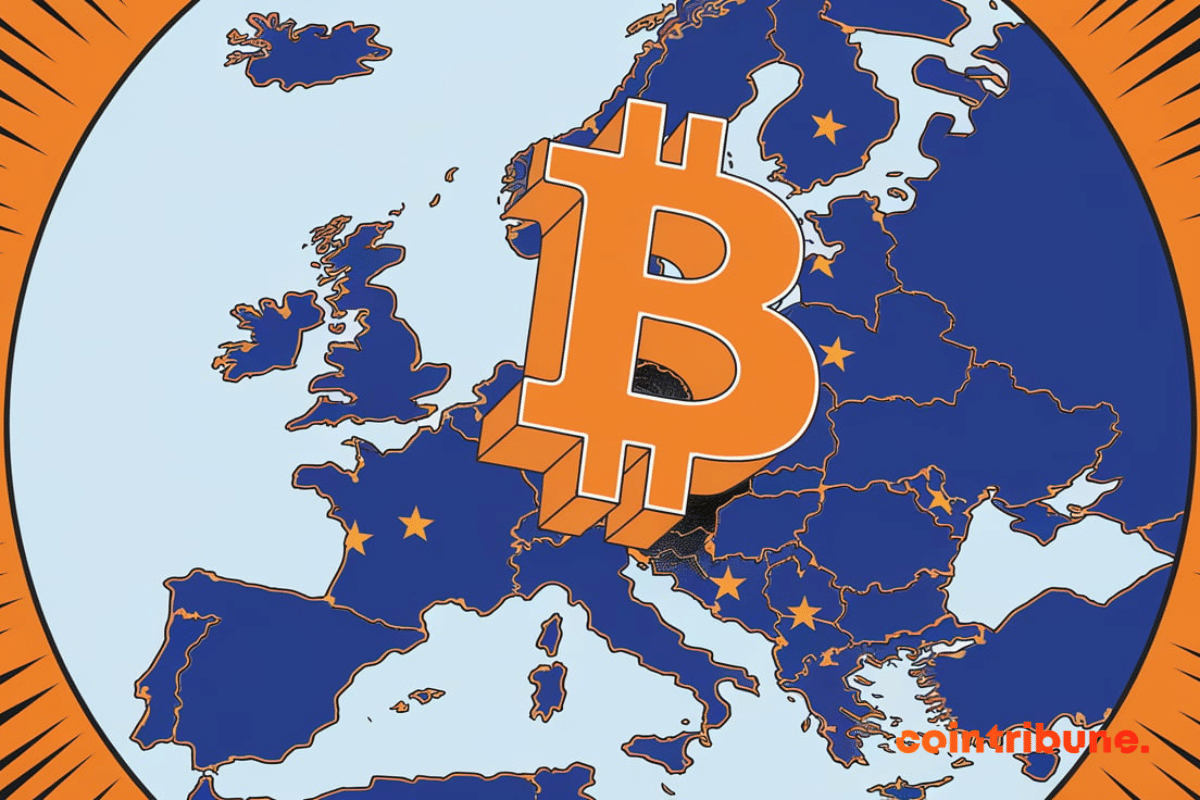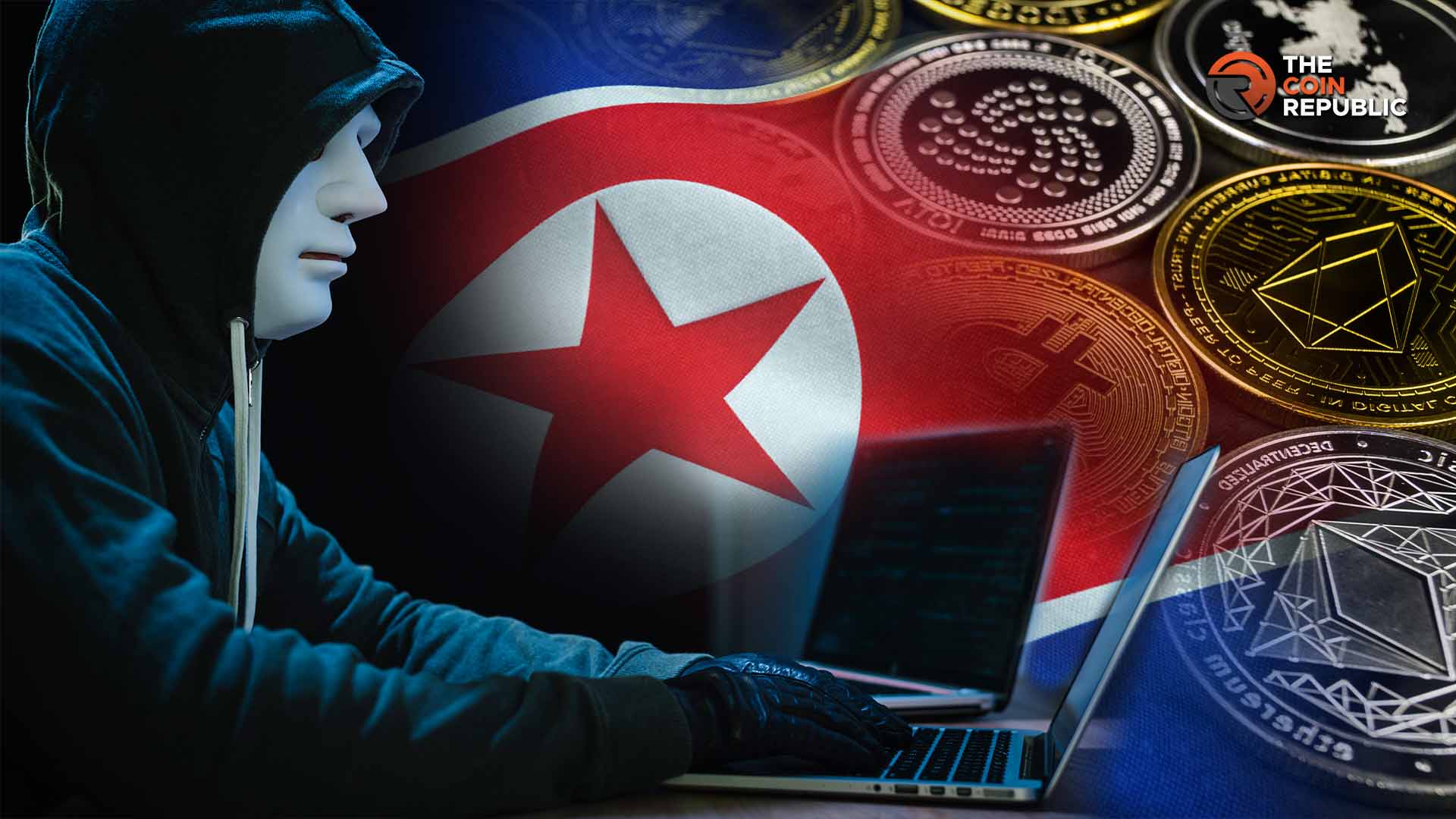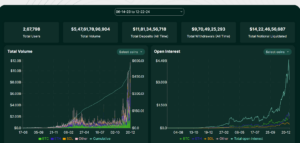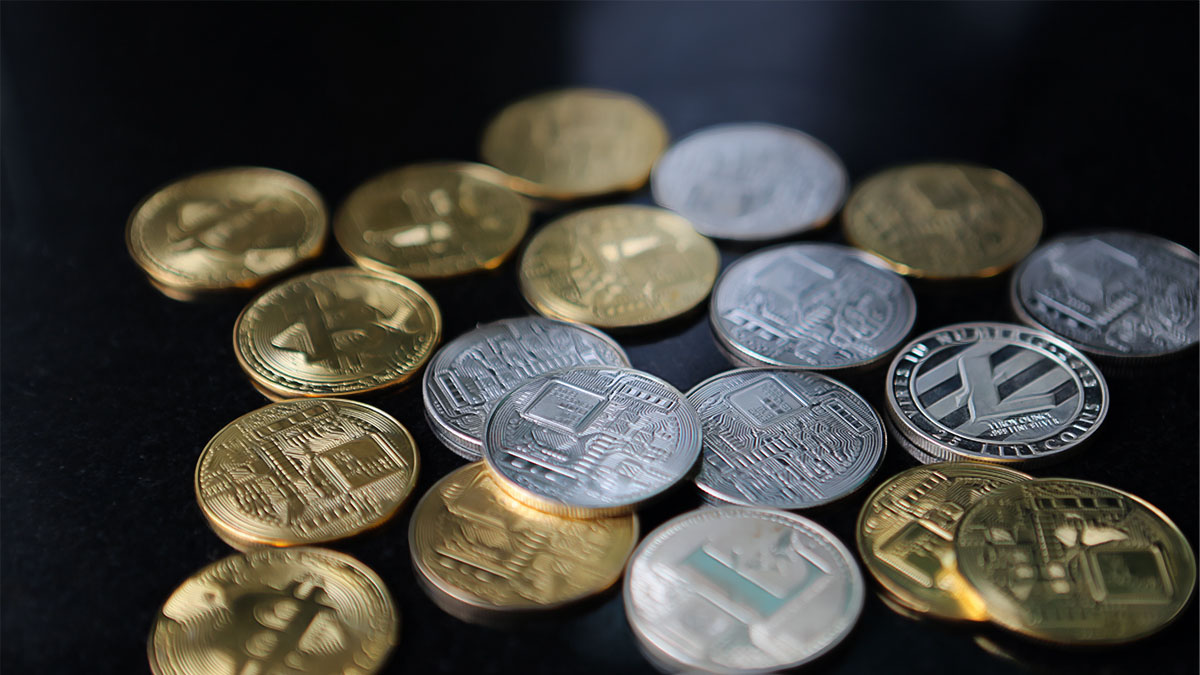18h20 ▪
5
min read ▪ by
Europe, always trailing behind Washington, should soon align itself by lifting the anathema on bitcoin.
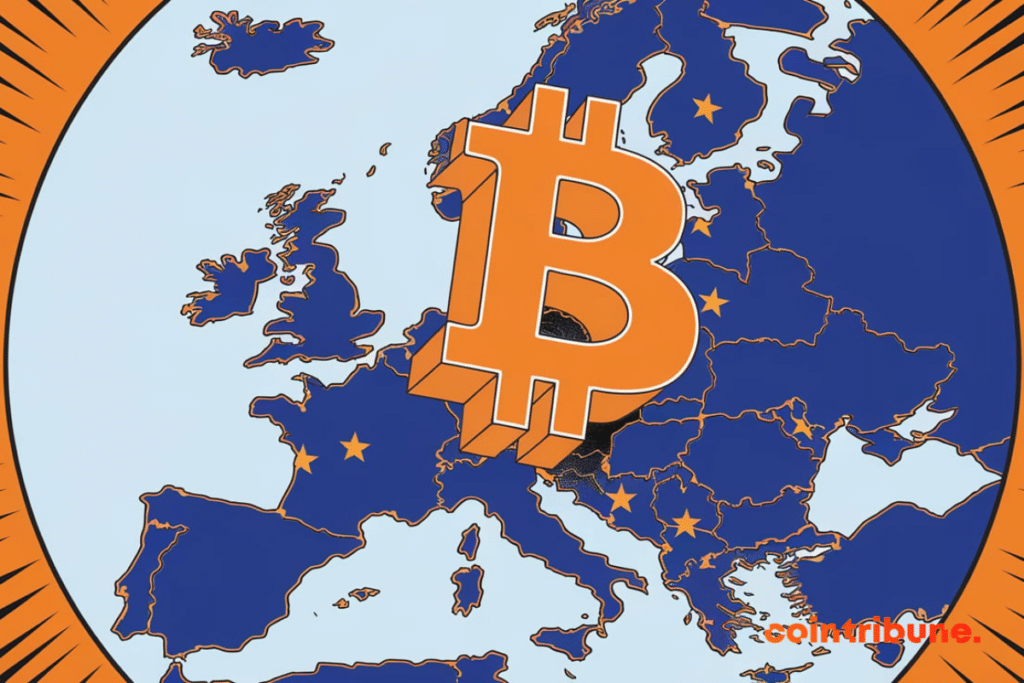

Bitcoin Invites Itself into the Hemicycle
The United States has chosen its side and Sarah Knafo has taken it upon herself to make this understood in the European Parliament. The European MP did not mince her words, calling for the end of the technocratic crusade against bitcoin:
“Donald Trump will establish a strategic reserve of bitcoins for the United States. Jerome Powell, the president of the American Federal Reserve, is now talking about digital gold. Bitcoin is exploding and, in the meantime, what is the European Union doing? Wasting money on unbelievable mismanagement. Continuing to accumulate tragically inflationary deficits. Clinging to regulation, taxation, and restraint”, she exclaimed.
Sarah Knafo calls for Europeans to imitate the United States so as not to be caught off guard:
“It is time to protect our people against inflation as well as poor economic choices. […] It is time for our states to establish national strategic reserves of bitcoins. It is time to develop the bitcoin industry, and we French hold the cards with our nuclear asset.”
“Let us stop taxing cryptocurrency holders even more. It is their intelligence, their risks, their sleepless nights that have constituted their savings. Let them protect themselves from the crazy spiral you have created. Public deficits leading to monetary creation causing inflation that leads to chaos […]”
Things are also moving in Germany. Former Finance Minister Christian Lindner criticized the government’s attitude towards bitcoin in front of a packed Bundestag:
As a reminder, Germany sold over 50,000 bitcoins a few months ago at an average price of $54,000. “What a missed opportunity”, said C. Lindner.
This is particularly sad since Germany has enormous surpluses of intermittent electricity that could be utilized by mining bitcoins. This financial windfall would not be excessive to finance the energy transition.
Small Caveat
The speech of the French MP is a breath of fresh air, but it should not be suggested that bitcoin is a silver bullet against inflation.
It is true that wasting tens of billions on nearly useless vaccines is inflationary. However, overall, deficits are primarily a symptom of a lack of energy.
The monetary system can be described as Ponzi indebtedness requiring a constant rise in energy supply that underpins economic growth. Unfortunately, the opposite is happening:
To be honest, we entered the hard times long before 2007. Since 1971, the annual growth rate of oil production fell from 7% to 1%. It is since this pivotal moment that the level increase has begun to slow down.
Bitcoin does not provide a solution to the energy decline. The blockchain does not contain oil, nor lithium, nor uranium 235. It is the best store of value in human history, accessible to everyone, and that’s already something.
The ability to create money ex nihilo is the cornerstone of civilization, but it requires energy to support this Ponzi. Otherwise? Inflation.
Our physical predicament has only two possible outcomes. Inflation (real interest rates become persistently negative) or default (a portion is not repaid), which amounts to the same: a decrease in purchasing power. Unless we find the energy philosopher’s stone or a stargate leading to other planets.
History shows that it is better to keep rolling a perpetual debt. The problem is that inflation unduly benefits those who own rare assets (prestigious real estate, art, stocks, etc). That is to say, those who are already wealthy.
Bitcoin puts an end to this privilege. It is also a potential international reserve currency that could provide an exit from geopolitical tensions.
In this regard, do not miss our article: “Trump Between the Dollar and Bitcoin.”
Maximize your Cointribune experience with our “Read to Earn” program! For every article you read, earn points and access exclusive rewards. Sign up now and start earning benefits.
Bitcoin, geopolitical, economic and energy journalist.
DISCLAIMER
The views, thoughts, and opinions expressed in this article belong solely to the author, and should not be taken as investment advice. Do your own research before taking any investment decisions.






